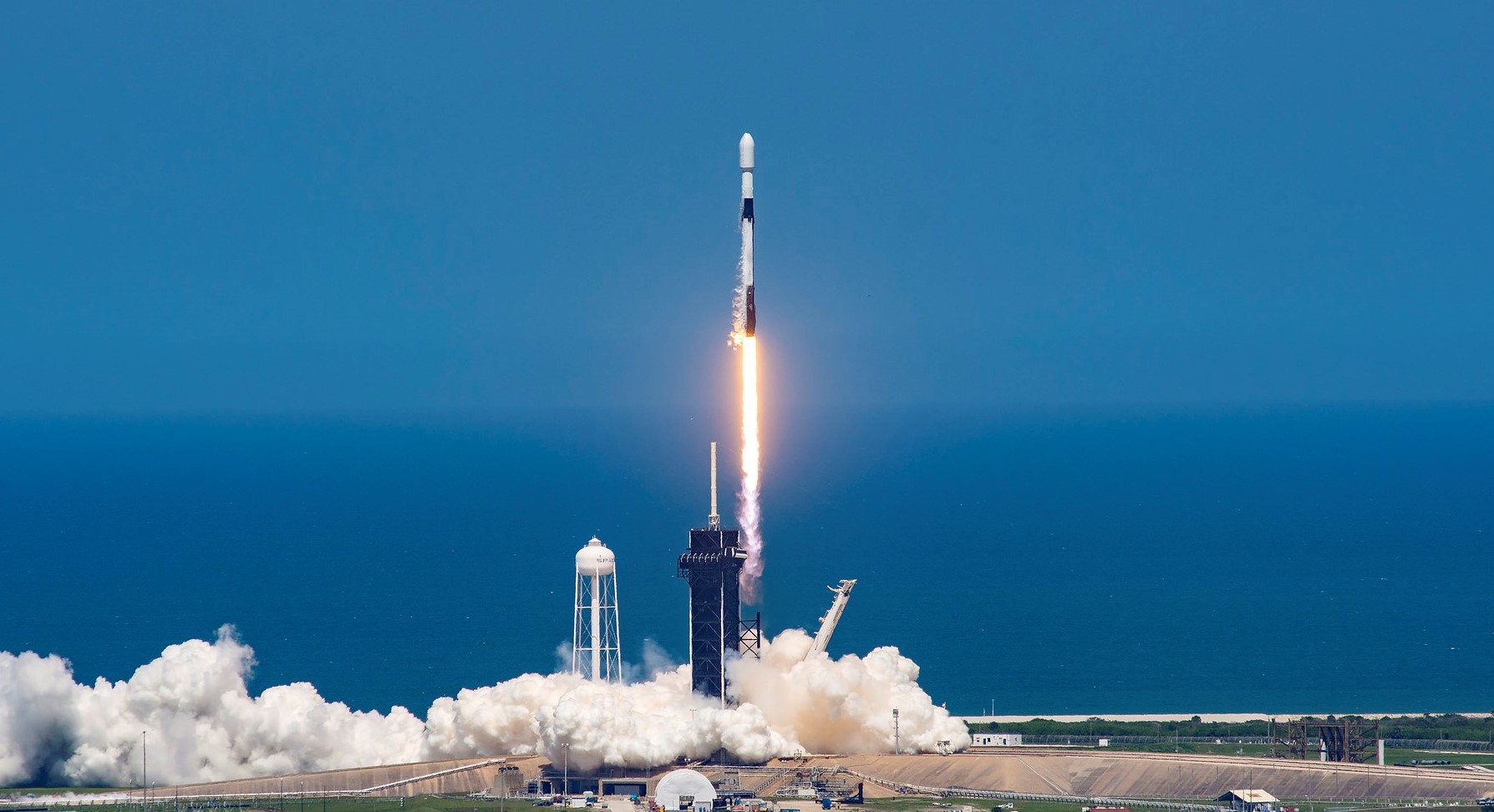Falcon 9 Vehicle Overview
A complete overview of the Falcon 9 launch vehicle, including launch stats, vehicle info and launch locations.

Basic Info
Name
Falcon 9
Family
Falcon
Manufacturer
First Launch
4 Jun 2010
Successful Launches
606
Failed Launches
4
Rocket Info (Falcon 9 Block 5)
Status
Active
Stages
1-2
Length
70 m
Diameter
3.65 m
Launch Mass
549 tons
Thrust
7,607 kN
Reusability
Reusable
Payload Info (Falcon 9 Block 5)
LEO Capacity
22,800 kg
GTO Capacity
8,300 kg
Launch Cost
$52M
The Falcon 9, developed by SpaceX, is a partially reusable medium-lift launch vehicle primarily used for transporting cargo and crew to Earth orbit. It made history in 2020 as the first commercial rocket to launch humans to orbit and remains the only U.S. rocket certified for this purpose. The Falcon 9 features a two-stage design with the first stage capable of vertical landing for reuse. Powered by SpaceX Merlin engines using liquid oxygen and RP-1 as propellants, it has demonstrated a high safety record and versatility, including setting a record for the most satellites launched by a single rocket. The rocket is human-rated, meeting stringent safety standards for NASA astronaut transport to the International Space Station.
Common Falcon 9 Questions
Launch Sites used by Falcon 9
Cape Canaveral Space Force Station

Historic U.S. military rocket launch site, pivotal in space exploration and national security.
Kennedy Space Center

NASA's primary launch site for human spaceflight, housing iconic facilities and a rich space history.
Vandenberg SFB

U.S. Space Force facility in California for spacecraft launches and missile testing.
